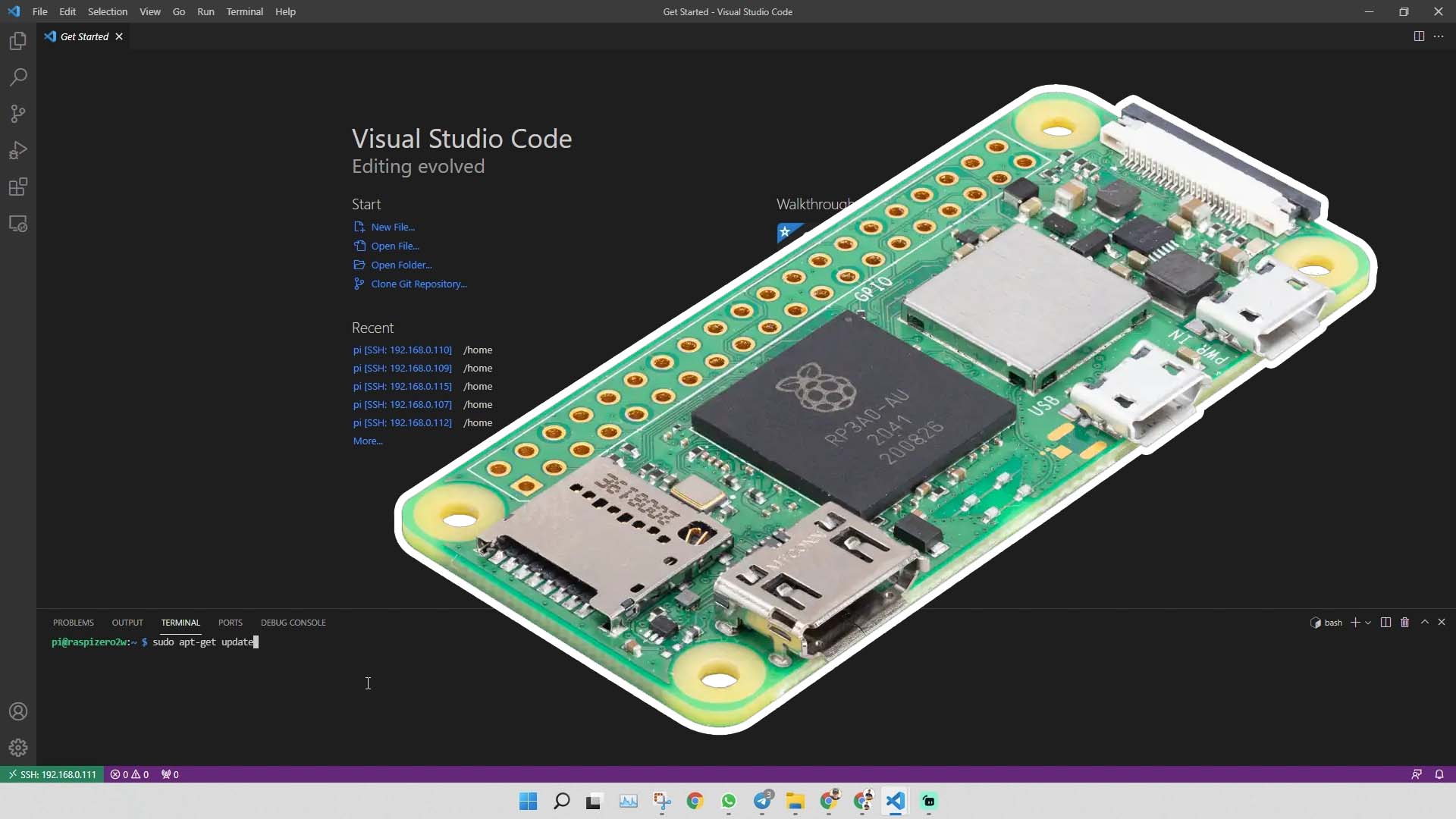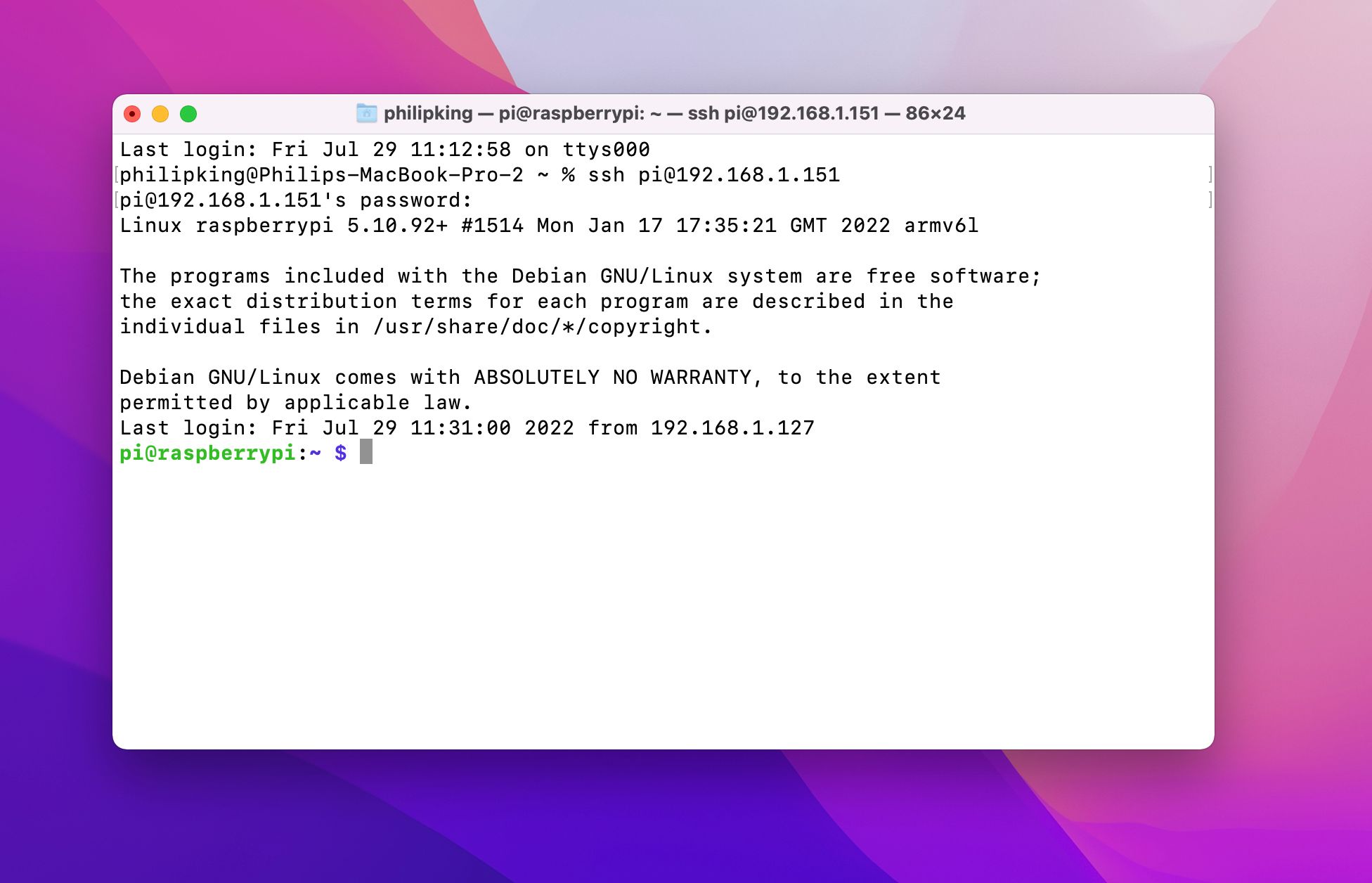Free Remote SSH: The Ultimate Raspberry Pi IoT Guide (2024)
Tired of shelling out big bucks for Internet of Things (IoT) gadgets just to remotely access your Raspberry Pi via SSH? Prepare to be amazed because we're about to plunge into a realm of cost-free, highly effective, and dependable IoT solutions, guaranteeing substantial savings in both time and money. Whether you're a tech aficionado or a hobbyist eager to enhance your Raspberry Pi endeavors, this guide is tailored for you.
Remote SSH is an essential capability for managing your Raspberry Pi from anywhere globally. However, the majority of IoT devices come with hefty price tags or recurring subscription charges. What if there were a method to configure remote SSH on your Raspberry Pi without emptying your wallet? That's right it's absolutely FREE.
In this comprehensive exploration, we will examine the premier IoT devices and methodologies for enabling remote SSH on your Raspberry Pi, ensuring affordability without compromising performance. So, grab your preferred beverage, settle in, and let's begin!
- Hdhub4u Free Movies Is It Safe What You Need To Know
- Filmyfly 2024 South Movies Your Ultimate Blockbuster Guide
| Attribute | Description | Value |
|---|---|---|
| Concept | Remote SSH on Raspberry Pi | Enables control of Raspberry Pi from anywhere via secure shell. |
| Cost | Potential | Can be achieved with free tools and methods. |
| Target Audience | Tech enthusiasts, hobbyists | Individuals looking to expand Raspberry Pi projects affordably. |
| Primary Benefit | Cost Savings | Avoid expensive IoT devices and subscription fees. |
| Secondary Benefit | Enhanced Accessibility | Manage Raspberry Pi remotely from any location. |
| Core Principle | Efficiency | Maximize performance while minimizing cost. |
| Essential Tools | Ngrok, LocalTunnel | Free tools for creating secure tunnels for remote access. |
| Hardware Options | Raspberry Pi Zero W, ESP32, Particle Boron | Affordable devices ideal for IoT projects. |
| Security Focus | SSH Encryption, Authentication | Protect data and prevent unauthorized access. |
| Future Trend | AI Integration | Increased integration with Artificial Intelligence and machine learning. |
| Reference | Raspberry Pi Official Website | https://www.raspberrypi.org/ |
IoT, or the Internet of Things, comprises a network of physical objects, such as your Raspberry Pi, that are equipped with sensors, software, and connectivity to facilitate data exchange with other devices and systems via the internet. Think of it as providing your devices with enhanced capabilities. The Raspberry Pi stands out as one of the most adaptable IoT platforms available.
Remote SSH is all about gaining access to your Raspberry Pi from any location at any time, without being physically present. This is incredibly valuable for running a home server, monitoring sensors, or managing smart home devices. However, locating the ideal IoT solution can be challenging, especially with budget constraints.
Before proceeding further, let's briefly review what makes the Raspberry Pi so remarkable. It is a compact, budget-friendly computer suitable for a wide variety of projects. From establishing media centers to constructing robots, the possibilities are boundless. Best of all, it is remarkably user-friendly, even for novices.
- Masa49com Your Ultimate Guide Online Resource Hub More
- Masa49com The Ultimate Guide Is It Right For You
- Compact and lightweight build
- Compatible with multiple operating systems
- Highly customizable
- Ideal for IoT applications
Whether you're utilizing a Raspberry Pi 3, 4, or a more recent model, the fundamental principles of remote SSH remain consistent. So, let's delve into the technical specifics!
Remote SSH (Secure Shell) enables you to establish a connection with your Raspberry Pi from another computer or device, provided they are both connected to the internet. This means you can control your Pi from anywhere whether it's in the same room, across town, or even globally. Here's why remote SSH is revolutionary:
- Convenience: Eliminate the need to be physically near your Raspberry Pi for management.
- Security: SSH encrypts your data, safeguarding it from unauthorized access.
- Efficiency: Automate tasks, monitor systems, and troubleshoot issues remotely.
- Cost-Effective: Eliminate the need for costly hardware or software.
The best part? You can configure remote SSH for FREE using appropriate IoT devices and tools. Sounds too good to be true, right? Keep reading to learn how!
Now, let's discuss the exciting part: free IoT options for configuring remote SSH on your Raspberry Pi. There are numerous methods and devices you can utilize without spending any money. Here are a few of the top choices:
Ngrok is a popular tool that creates secure tunnels to your local server, allowing you to access it from anywhere. Setting it up is straightforward, making it suitable for testing and development. Additionally, it is entirely free!
Pros: User-friendly, requires no complex configurations.
Cons: Limited to a free tier with occasional downtime.
LocalTunnel is similar to Ngrok but offers more customization options. It is open-source, allowing you to modify it to suit your specific requirements.
Pros: Open-source, highly customizable.
Cons: Requires some technical proficiency to set up.
Both Ngrok and LocalTunnel are excellent options for setting up remote SSH on your Raspberry Pi without incurring any costs. However, there are additional alternatives available!
Now that you've selected your IoT device or tool, it's time to get started. Here's a step-by-step guide to configuring remote SSH on your Raspberry Pi:
First and foremost, ensure that SSH is enabled on your Raspberry Pi. You can do this by executing the following command in the terminal:
sudo raspi-config
Then, navigate to "Interfacing Options" > "SSH" and enable it.
The configuration process will vary depending on the IoT device or tool you choose. For instance, with Ngrok, simply download the binary file and run it with the following command:
./ngrok tcp 22
This will expose your SSH port (22) to the internet, granting you remote access.
Once everything is configured, test your connection by executing the following command on another computer:
ssh pi@
If everything functions as expected, congratulations! You have successfully configured remote SSH on your Raspberry Pi!
While tools like Ngrok and LocalTunnel are excellent for quick configurations, you might occasionally require a more robust solution. Here are some of the best IoT devices for remote SSH:
This compact device is ideal for IoT projects. It is cost-effective, features integrated Wi-Fi, and can easily handle remote SSH tasks.
The ESP32 is another excellent option for IoT applications. It is lightweight, energy-efficient, and supports both Wi-Fi and Bluetooth.
If you're seeking something more advanced, the Particle Boron is worth considering. It offers LTE connectivity, making it perfect for remote locations without Wi-Fi.
Each of these devices possesses its own strengths and weaknesses, so select the one that best aligns with your project requirements.
With significant power comes significant responsibility. While remote SSH is remarkably useful, it is crucial to prioritize security to safeguard your Raspberry Pi from potential threats. Here are some tips to maintain the security of your setup:
- Use strong, unique passwords for your SSH account.
- Enable two-factor authentication (2FA) whenever possible.
- Restrict access to specific IP addresses using firewall rules.
- Regularly update your Raspberry Pi's software and firmware.
By adhering to these simple steps, you can enjoy the benefits of remote SSH without jeopardizing your security.
Even the most meticulously planned setups can sometimes encounter issues. Here are some common problems you might face when configuring remote SSH on your Raspberry Pi, along with their solutions:
Solution: Verify your SSH configuration and ensure the port is open on your router.
Solution: Verify your internet connection and attempt to restart your IoT device or tool.
Solution: Ensure you're using the correct username and password, and verify your SSH key permissions.
Keep in mind that troubleshooting requires patience and persistence. Do not give up if things don't work the first time continue trying until you achieve success!
One of the primary reasons individuals appreciate Raspberry Pi is its affordability. When coupled with free IoT tools and devices, it becomes an incredibly cost-effective solution for remote SSH. Here are some ways to further reduce costs:
- Repurpose old hardware for your IoT projects.
- Utilize open-source software whenever possible.
- Optimize your Raspberry Pi's performance to minimize energy consumption.
By being mindful of your expenses, you can maximize the value of your Raspberry Pi setup while minimizing costs.
The realm of IoT is constantly advancing, with the Raspberry Pi at the forefront of this transformation. As technology progresses, we can anticipate even more innovative solutions for remote SSH and other IoT applications. Here are some trends to monitor:
- Increased emphasis on security and privacy.
- Integration with AI and machine learning technologies.
- Development of more energy-efficient devices and tools.
Stay informed about these exciting advancements and continue pushing the boundaries of what's achievable with your Raspberry Pi!
- Bollyflix Ninja Your Guide To Streaming Bollywood Movies Now
- Subhashree Sahu Viral Video Truth Debunking The Rumors

Best IoT Device For Remote SSH On Raspberry Pi Free

Best IoT Device For Remote SSH On Raspberry Pi Free

How To Access IoT Device Remote SSH Raspberry Pi Free A Complete Guide